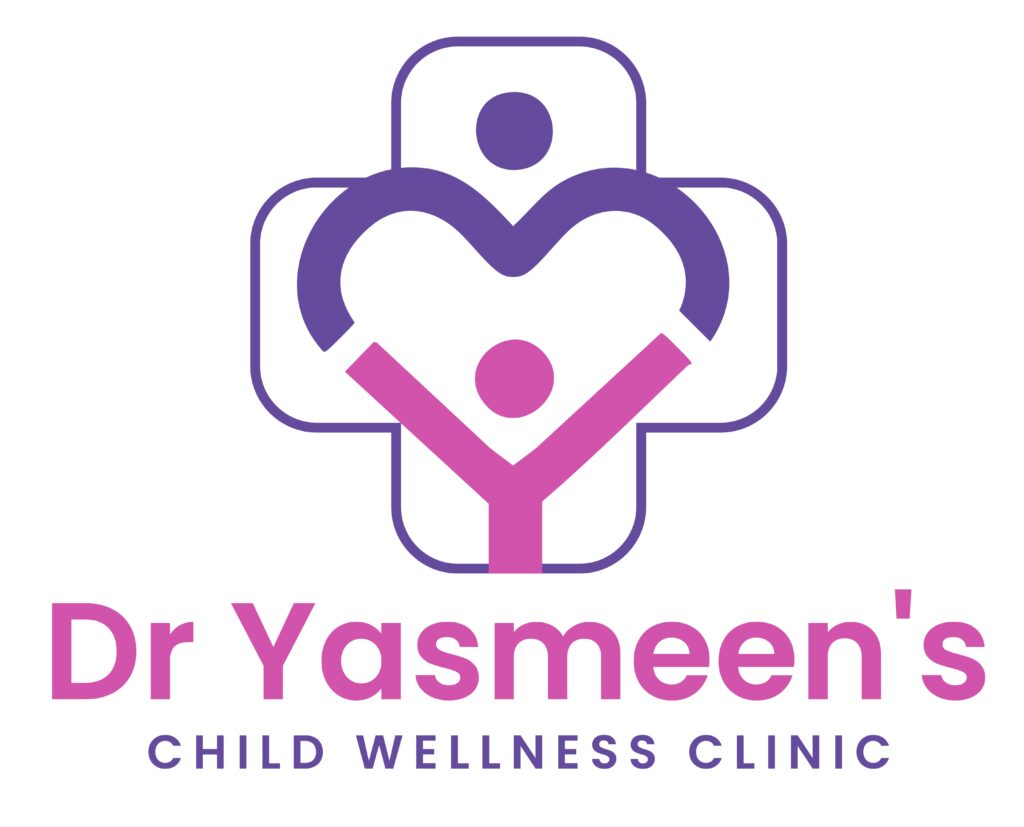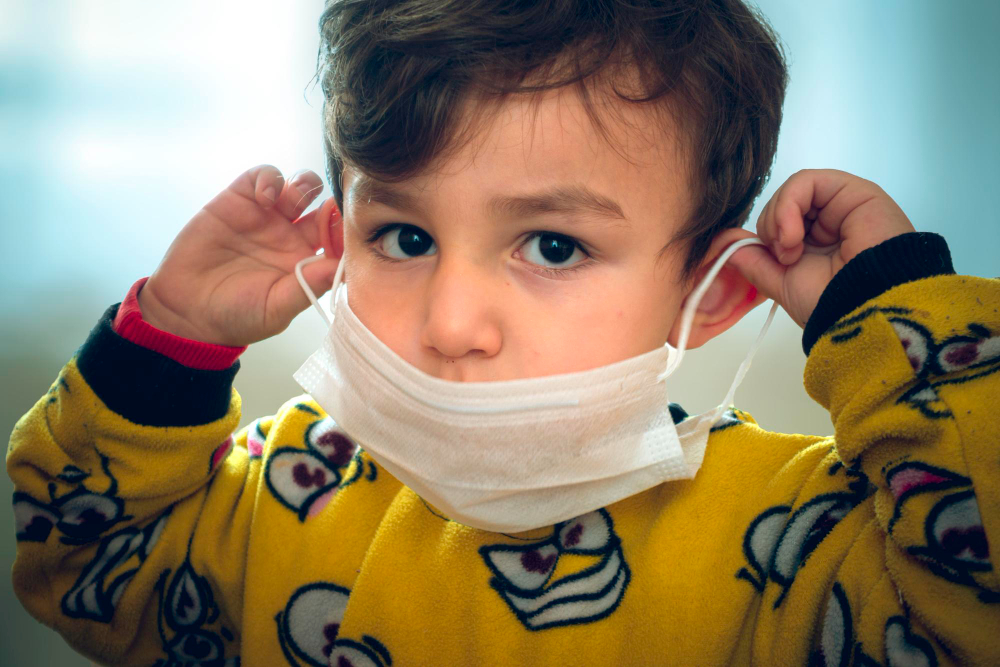What is H3N2 in Kids?
H3N2 in kids is a type of flu caused by the H3N2 influenza virus. This virus can spread quickly among children, especially during flu season. Because kids have developing immune systems, they may get sick more easily. In many cities, parents worry about H3N2 in kids and want to know how to keep their children safe. Understanding this virus helps you spot symptoms early and seek the right care.
Common Symptoms of H3N2 in Children
Children with H3N2 often show signs similar to other flu viruses. However, symptoms can appear suddenly. Early detection is important for quick recovery. Watch for these common flu symptoms in children:
Additionally, some children may have trouble breathing or seem very weak. If you notice these signs, act quickly and contact your doctor.
Causes and Risk Factors
H3N2 spreads through droplets when an infected person coughs or sneezes. Kids can catch the virus by touching surfaces and then touching their face. Because children are often in close contact at schools or playgrounds, the risk is higher. Some kids face greater risk, such as:
Therefore, parents should watch for symptoms, especially if their child is in a high-risk group.
Diagnosis of H3N2 in Kids
If your child shows flu symptoms, a doctor can help confirm H3N2. Usually, the doctor will ask about symptoms and do a physical exam. Sometimes, a swab from the nose or throat is taken for testing. This test checks for the H3N2 virus. Quick diagnosis helps start the right treatment early. In some cases, doctors may order more tests if your child has breathing problems or other health issues.
Treatment Options for Children
Treatment for H3N2 in children focuses on easing symptoms and helping the body fight the virus. Most children recover at home with rest and fluids. However, some may need medicine. Doctors may prescribe antiviral drugs if the illness is severe or your child is at high risk. These medicines work best when started early. Always follow your doctor’s advice for pediatric flu care. Never give aspirin to children with the flu, as it can cause serious problems.
Home Care and Lifestyle Tips
Home care plays a big role in helping your child recover from H3N2. Here are some helpful tips:
Additionally, keep your child away from others to prevent spreading the virus. Clean hands and surfaces often to lower the risk for your family.
Prevention Strategies for Parents
Preventing H3N2 in kids is possible with a few simple steps. Parents can help protect their children by:
Furthermore, avoid crowded places during flu season if possible. These steps lower the chance of catching or spreading H3N2 in kids.
When to Seek Medical Help
Most children with H3N2 recover at home. However, you should call your doctor if your child:
In summary, quick action can prevent serious problems. Always trust your instincts as a parent.
If your child shows symptoms of H3N2, consult a pediatrician for personalized advice and care. Early treatment and prevention help keep your family healthy.

